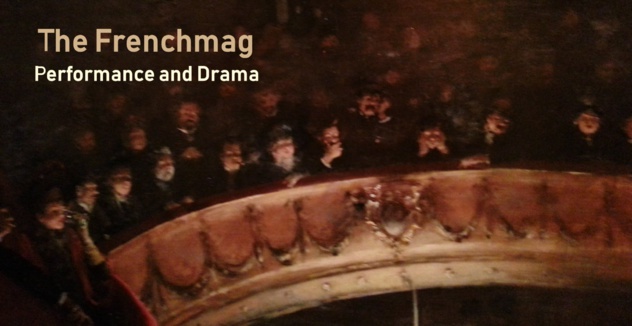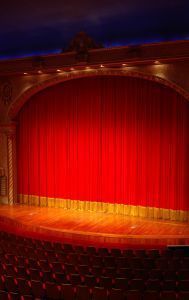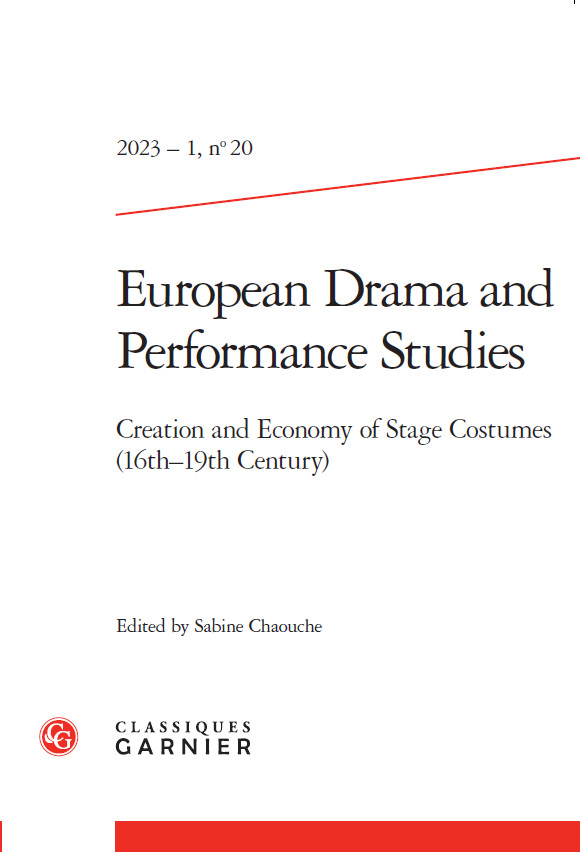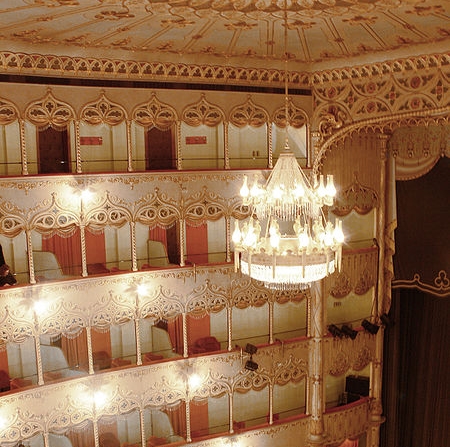Venice’s unique situation both in physical space and historical imagination has allowed it to engage every strata of society in a kaleidoscopic range of sensory experiences framed, cultivated, and intensified through ritual. Venice offers the ideal venue for ritual behaviors--ingrained sequential activities performed in response to specific events: liturgical and paraliturgical ceremonies both at San Marco as well as the city’s many confraternities, churches, and convents; Carnival and the associated theatrical activities, including public opera; or civic rituals, such as the “Marriage to the Sea,” a ceremony that publicly links civic power to its environment. Private, public, religious, civic, affirmative, and subversive rituals all contribute to Venice’s identity. Far from being insular, Venetian rituals reach far beyond the lagoon--to the extensive empire upon which fortunes were built, to the terraferma, to the Eastern and Northern seas, and, finally, to the global community that continues to visit the city today.
In conjunction with the Princeton University Opera’s 2014 production of Claudio Monteverdi’s L’incoronazione di Poppea, a multi-sensory event serving as exemplar, microcosm, and reflection of a uniquely Venetian ritual, Princeton’s Program in Italian Studies invites scholars in all stages of their careers to present papers that examine ritual as manifest in the artistic, socio-political, and religious milieu of Venice both historically and chronologically.
To participate, please send a brief bio and abstract of no more than 250 words to venice.princeton.2014@gmail.com
by Friday, December 13, 2013.
Potential topics include:
Ritual response to Venice’s environmental and/or geographical circumstances
Function of ritual in the creation of Venice’s urban topography
How ritual activates or hinges upon sensory engagement
Ritual as reflected in music, art, literature, architecture
Means of Marking Time/Space
Gestures and Tactile Rituals
Liturgical Drama and Public Processions
Food (Preparation/Consumption)
Theater and Theatricality
Holidays/Commemoration of the Past
Historical Re-Enactment / Myth-Making
Political Processes
Rites of Passage
Papers should be 20 minutes in length. Please specify any audio-visual requirements that might be needed for your presentation. For further questions, please contact Wendy Heller wbheller@princeton.edu and seewww.princeton.edu/italianstudies/
In conjunction with the Princeton University Opera’s 2014 production of Claudio Monteverdi’s L’incoronazione di Poppea, a multi-sensory event serving as exemplar, microcosm, and reflection of a uniquely Venetian ritual, Princeton’s Program in Italian Studies invites scholars in all stages of their careers to present papers that examine ritual as manifest in the artistic, socio-political, and religious milieu of Venice both historically and chronologically.
To participate, please send a brief bio and abstract of no more than 250 words to venice.princeton.2014@gmail.com
by Friday, December 13, 2013.
Potential topics include:
Ritual response to Venice’s environmental and/or geographical circumstances
Function of ritual in the creation of Venice’s urban topography
How ritual activates or hinges upon sensory engagement
Ritual as reflected in music, art, literature, architecture
Means of Marking Time/Space
Gestures and Tactile Rituals
Liturgical Drama and Public Processions
Food (Preparation/Consumption)
Theater and Theatricality
Holidays/Commemoration of the Past
Historical Re-Enactment / Myth-Making
Political Processes
Rites of Passage
Papers should be 20 minutes in length. Please specify any audio-visual requirements that might be needed for your presentation. For further questions, please contact Wendy Heller wbheller@princeton.edu and seewww.princeton.edu/italianstudies/






